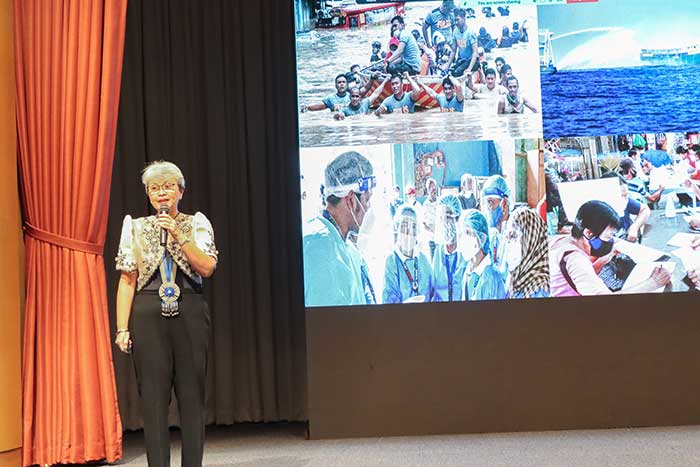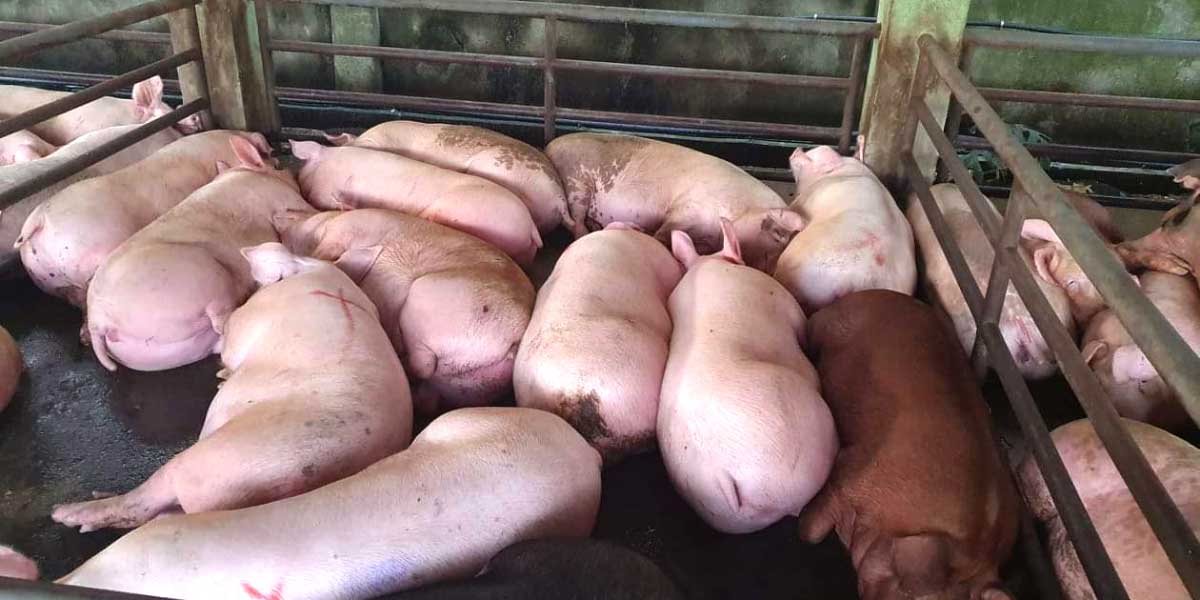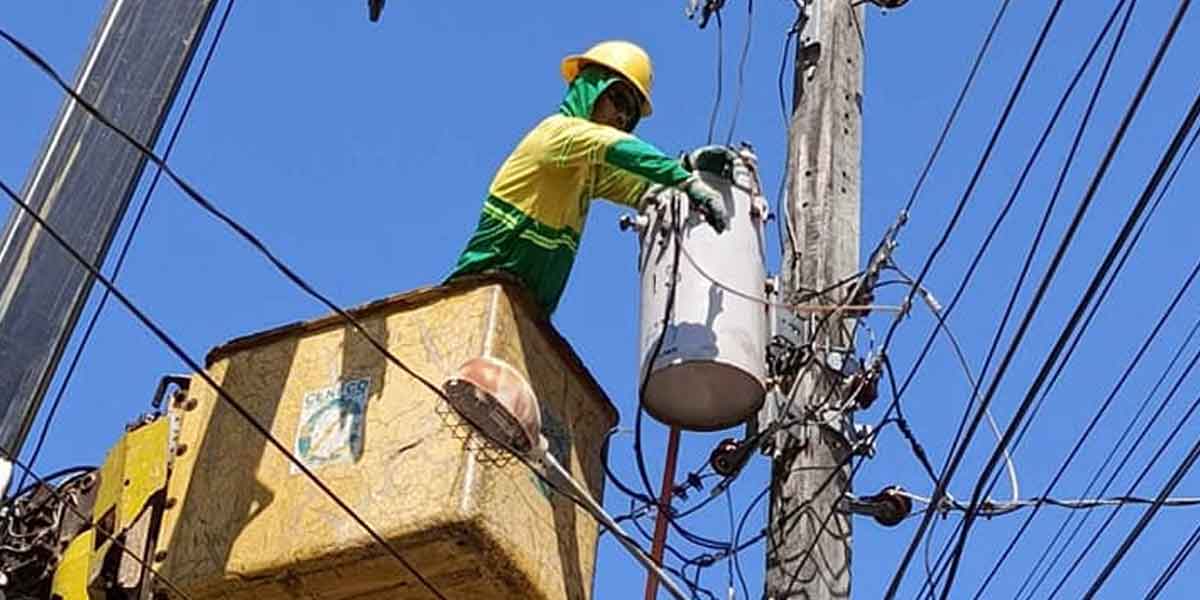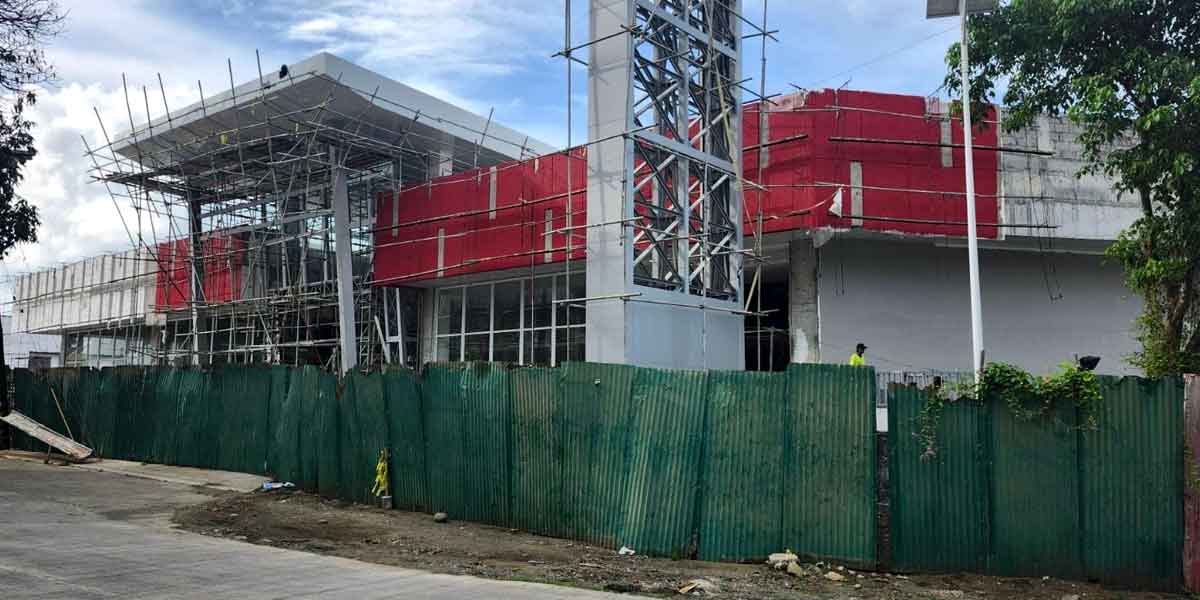
By Joseph Bernard A. Marzan
Recent findings of an ongoing study suggested that resilience-based intervention among frontline healthcare workers may help them to reduce or even prevent vulnerability to burnout and other mental health illnesses.
FriendlyCare Foundation, Inc. President and Chief Executive Officer, Teresita Panganiban, cited a dramatic decline in mental health, and a concurrent prevalence of mental health problems among mental health workers in the United States during the coronavirus disease 2019 (COVID-19) pandemic.
The study indicated common mental health illnesses as major depressive disorder, generalized anxiety disorder, and post-traumatic stress disorder.
Panganiban said that while there have been no equivalent studies on the Philippines at the time of their research, the health infrastructure at that same time frame may already suggest this phenomenon among our own healthcare workers.
She cited a 2023 study by Vincent Bagaforo and Emma Ceballo of the University of Mindanao, that listed mental health disturbance, particularly high stress and sleep deprivation, as one of the major themes of the challenges experienced by Filipino COVID frontliners during the pandemic.
“[With] the Philippine health infrastructure, we can already infer that our own Filipino frontline workers were probably in the same situation, if not worse,” Panganiban remarked.
“Fear of infection, transmitting this to [their] family, not having time to eat, lack of sleep, long busy working hours, lack of PPEs, all leading them to admit that [they are] mentally stressed,” she added.
Panganiban’s project ‘A Mindfulness-based Resilience Training for Filipino Frontline Workers’, funded by the Department of Science and Technology-Philippine Council for Health Research and Development (DOST-PCHRD), intends to develop and design a mindfulness-based resilience training intervention for Filipino frontliners, that can “block the link” between the stressors of work and non-work situations into allostatic overload.
Allostatic overload refers to a condition where the constant adjustment of the human body’s energy use based on environmental demands, also known as allostasis, produces physical wear and tear.
Its effect leaves people more vulnerable to burnout, disease and associated mental illnesses.
“The context of the study is all about the unremitting stress that our frontline workers face. This repeated, unremitting stress, can cause burnout, […] if left unattended, burnout can lead to disease, the progression of existing disease, or mental health concerns,” she explained.
It was presented last Thursday, April 11, at the DOST-PCHRD’s National Brain and Mental Health Research Symposium in Pasay City.
She said that self-care including diet and exercise habits, social integration including support from family, friends, co-workers, and community members, and positive reappraisal, which is the ability to recognize and sufficiently respond to stress, are key factors to resilience.
“Hopefully, these three factors, we can develop in this resilience intervention,” she said.
Panganiban implied that it was imperative, and economically sound, to provide mental health interventions to healthcare workers tending to patients on the front lines.
“How can they assist, rescue, heal, [and] support a disaster-stricken citizenry, if they themselves are easily distressed? From a moral perspective as well, we owe it to our frontline workers, to give them the necessary means to protect themselves from the hazards of their jobs,” she said.
“From a financial perspective, it makes more sense to give them interventions that will prevent mental health concerns from becoming more serious,” she added.
Her study, which is currently ongoing for five months as of this writing, has 300 participants for a trial from among frontline workers from Valenzuela City.
These include police officers, firefighters, disaster responders, social workers, healthcare workers, and early childhood care and development teachers.
Early childhood care and development teachers are the ones manning evacuation centers in Valenzuela City in times of disaster.
So far, their early observations identified three key stressors, including the length and unpredictability of their 12-hour shifts, overlapping jurisdictions, roles, and responsibilities, and demands from the public nature and pressure of social media upon these workers.
Coping mechanisms identified include viewing their work as “just work”, bonding and having fun, eating out, compartmentalization or leaving their work-related stress at the workplace, family time, and religious faith.
Their initial findings show that the intervention that they would develop has to be integrated within the working day, has to be sustainable, should recognize the repercussions of work stress, should engage the frontliners themselves in the crafting phase, and tap into group or collective wisdom as means of support.




















